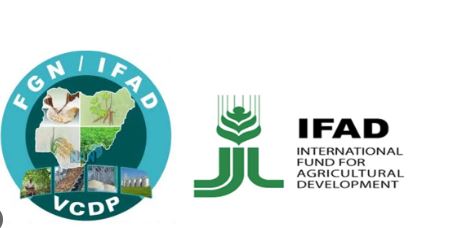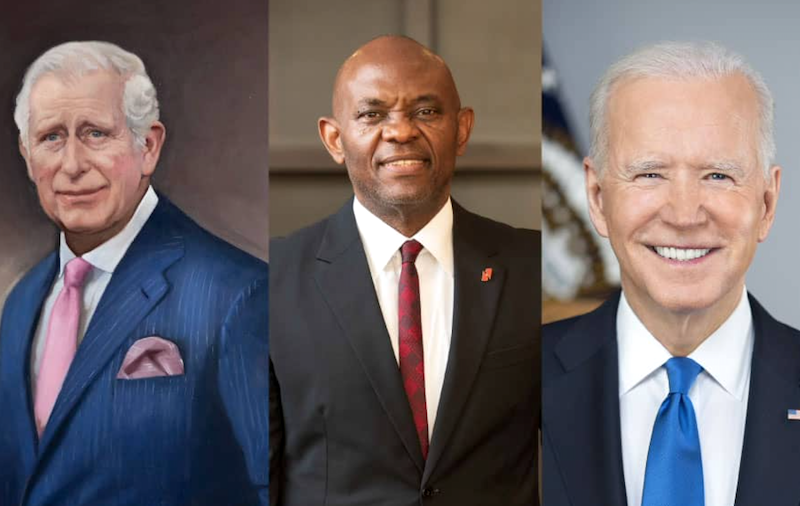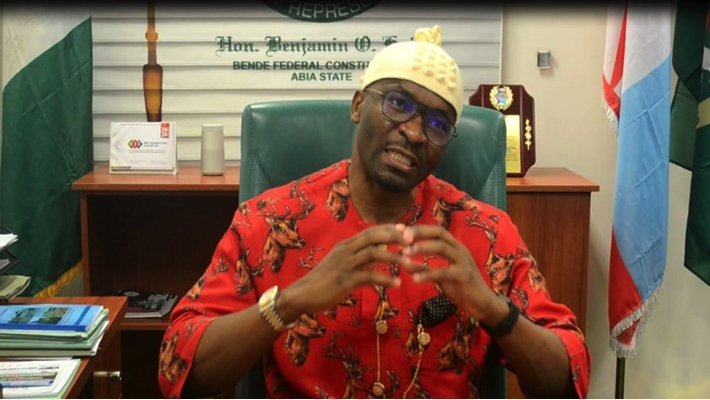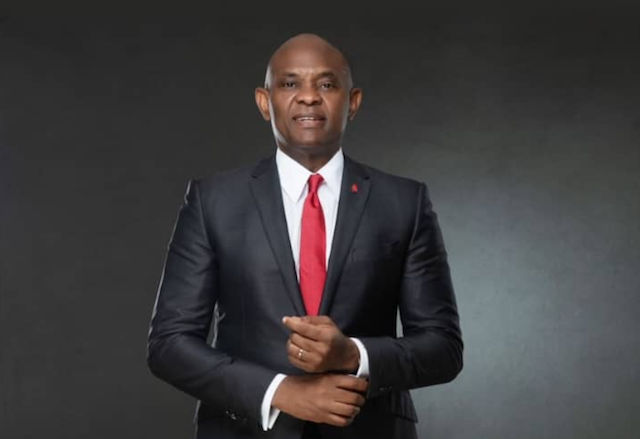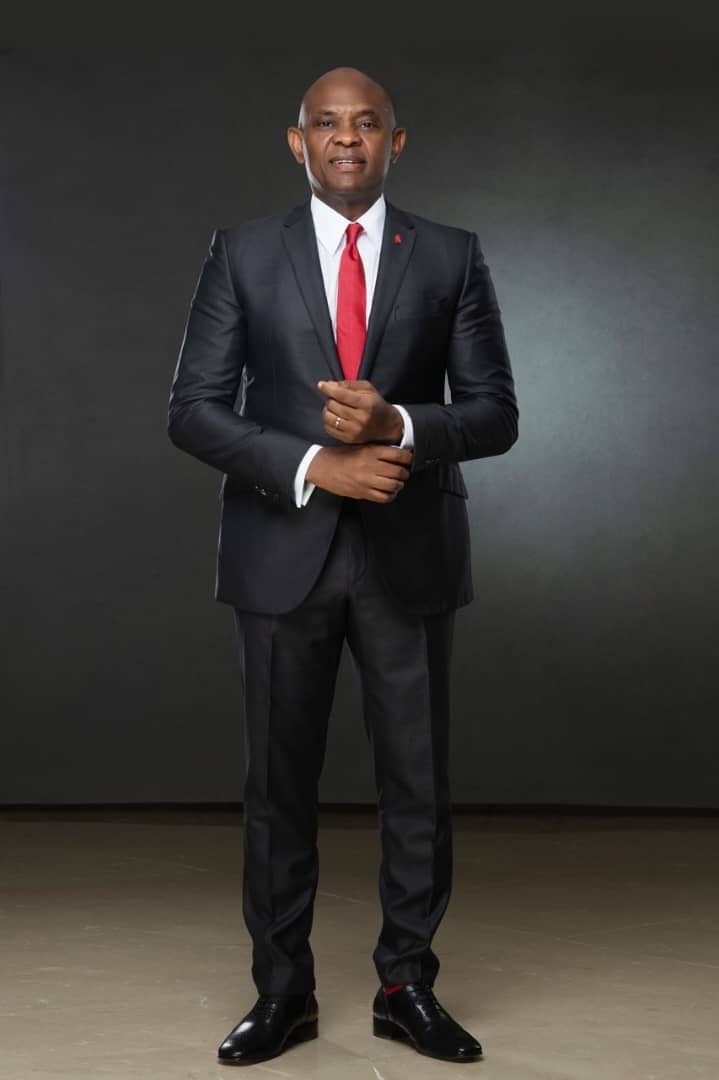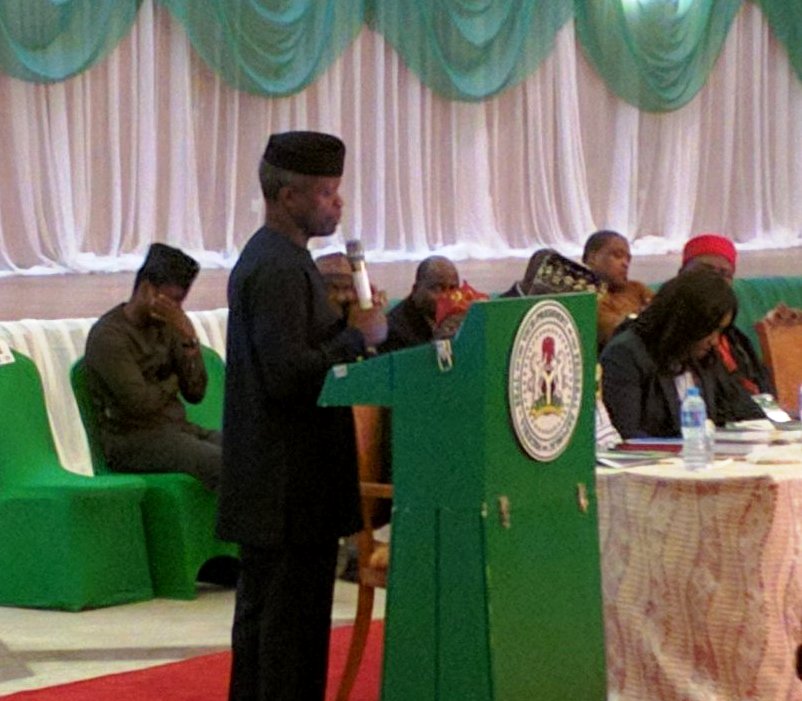The International Fund for Agricultural Development (IFAD) Value Chain Development Programme(VCDP), has approved $3.5 million grant for the Federal Government to mitigate the effects of climate change in Niger and Kogi.
Dr Fatima Aliyu, National Programme Coordinator, FG/IFAD-VCDP, Abuja stated this on Wednesday in Minna, at the inauguration of the 2023 wet season inputs distribution to VCDP farmers in the state.
There was also the distribution of motorcycles to extension agents by the state governor, Alhaji Umaru Bago during the inauguration.
“I am pleased to inform you that IFAD-VCDP has approved Adaptation for Smallholders Agricultural Programme (ASAP) of $3.5 million grant to the Nigerian government.
“This is to assist farmers in Niger and Kogi to enhance their resilience to climate shocks,“she said.
Aliyu said that IFAD-VCDP would not give cash to farmers or groups, but would build capacities of farmers and infrastructures to mitigate the effects of flooding.
“We are not giving free money to people, we are going to build capacities of farmers and infrastructures to mitigate the effects of flooding,” she said.
She explained that the programme which would soon be implemented in Niger and Kogi, would be done under the IFAD-VCDP Additional Financing (AF).
The coordinator said that VCDP would support 355 rice and cassava farmers with inputs and implements this year.
She said the support would be extended to 10 extension agents with motorcycles, 10 youths with Point Of Sale (POS) machines and 10 farmers with solar sprayers.
The inputs included improved rice seedlings, herbicides, cassava stems, NPK and Urea fertilisers, while the implements are water pumping machines, intra-planters and power tillers.
She said that the project spent over ₦80 million to procure the inputs and implements.
Aliyu said that the farmers would be contributing 50 per cent of the cost of the inputs and implements through matching grant arrangement, while the project would pay the balance of 50 per cent.
She urged the beneficiaries to utilise the inputs and implements, to enhance their productivity which would increase their incomes and improve their living standards.
The coordinator said that the VCDP was supporting over 32,000 farmers in the state in the areas of rice and cassava value chains, which includes production, processing and marketing.
“The capacity of these farmers had been built by the project in the state which has led to increase in yield, value addition to agricultural commodity among others,” she said.
She appealed for support in the payment of the state counterpart fund, saying that part of it was used to pay staff salaries and other allowances.
Inaugurating the exercise, Bago assured that government would pay its counterpart fund soon to enable farmers in the state benefit more from the programme.
Bago was represented by the state deputy governor, Alhaji Yakubu Garba.
He said that the state was committed to utilising the abundant arable land and water bodies, for Agricultural development for the production of rice, cassava, sugarcane, yam, maize aquaculture and livestock.
The governor said that the measure would ensure self-sufficiency in food production and employment generation for the people.
“So far, our partnership with IFAD- VCDP has been attested to generate positive outcome as more beneficiaries continue to have access to improved incomes and meaningfully contributing to the state`s economy.
“We are determined to expand the partnership with FG/IFAD VCDP to support rural smallholder farmers annually with agro-inputs, agro-processing equipment and simple farm implements across the local government areas in the state to increase their yield.
“Distinguished guests, ladies and gentlemen, I am pleased that already Niger state is being rated as first by the IFAD +AF.
“We hope that the next phase of the Additional financing phase will centre on addressing issues of environment and climate change
“Others are nutrition, financial inclusion, gender, and youth inclusion to consolidate on the gains recorded,” he said.
He said that the programme will no doubt have meaningful impact on the production and marketing of farm produce in the state.
Also speaking, the State Programme Coordinator, Dr Mathew Ahmed, said that each farmer would get four bags of NPK fertilisers, two bags of urea fertilisers and two litres of herbicides; one selective and one non-elective.
Ahmed said that rice farmers would get 25kg of rice seeds each, while the cassava farmers get 50 bundles of cassava stems each.
He added that farm implements such as the transplanters, power tillers and water pumping machines are meant for youth engagement to reduce drudgery in the field.
Hajiya Fatima Adamu, a beneficiary of POS machine promised to use it to start a business to uplift the living standard of her household.
Adamu thanked the federal government, the state and IFAD-VCDP for the gesture.
The VCDP is a project of the federal government and funded by IFAD and domiciled in the Federal Ministry of Agriculture and Rural Development.
The project aims to improve the incomes and food security of poor rural households, engaged in production, processing and marketing of rice and cassava on sustainable basis.
In addition, the VCDP is addressing the issues of financial inclusion, environment and climate change, nutrition, gender and youth inclusion.
The project is being implemented in the nine states of Anambra, Benue, Ebonyi, Niger, Enugu, Kogi, Nasarawa, Ogun and Taraba.
In Niger, it is being implemented in eight Local Government Areas of Bida, Borogu, Edati, Katcha, Kontagora, Mokwa, Shiroro and Wushishi.
NAN
